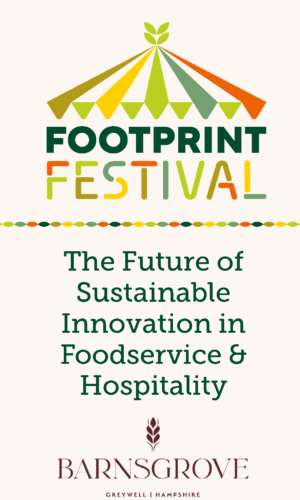THE CENTRE FOR Alternative Technology (CAT) today (16th July) released its new report – Zero Carbon Britain: Rethinking the Future, which outlines how the UK can decarbonise without the need for future technological advances.
The new report suggests that all the technology needed to decarbonise in the UK exists and that barriers to decarbonisation are actually political and societal hurdles.
It goes on to demonstrate ways in which the UK might deal with the variability of renewable energy sources and how biodiversity and healthy diets can be achieved while cutting emissions from land use and agriculture.
It estimates that the changes outlined in the report could generate over a million new jobs.
Zero Carbon Britain: Rethinking the Future synthesises cutting-edge research across multiple disciplines to map a comprehensive and technically realistic scenario for the UK.
The report will be launched at the final sitting of the All Party Parliamentary Climate Change Group in Westminster, with Joan Walley MP and Sir John Houghton, on the 16th July.
Paul Allen, Project Co-ordinator: “The fact that we can demonstrate rapid decarbonisation is possible with current technology and without significant lifestyle changes should be a major call to action.”
Other key findings of the report include:
• UK greenhouse gas emissions reductions of over 90% are achievable without development of any new technology, and without detrimental impact on quality of life.
• A reduction in UK energy demand of about 60% is possible by making changes to the way we travel and how we move goods; by making our homes, businesses, and industry more energy efficient; and by changing how we heat our buildings and run our transport systems.
• By reducing the amount and altering the balance of foods we eat to be in line with UK government health recommendations (fewer foods high in saturated fats, sugar, and salt (HFSS foods), and decreasing meat and dairy consumption, whilst increasing the amount of fruit, vegetables and cereals we eat); and by reducing food waste, we can decrease greenhouse gas emissions from agriculture by almost 75%, and reduce the amount of agricultural land we need.
• Instead of using almost 80% of UK land for food production (today), we need only a third – even with a decreased reliance on food imports








